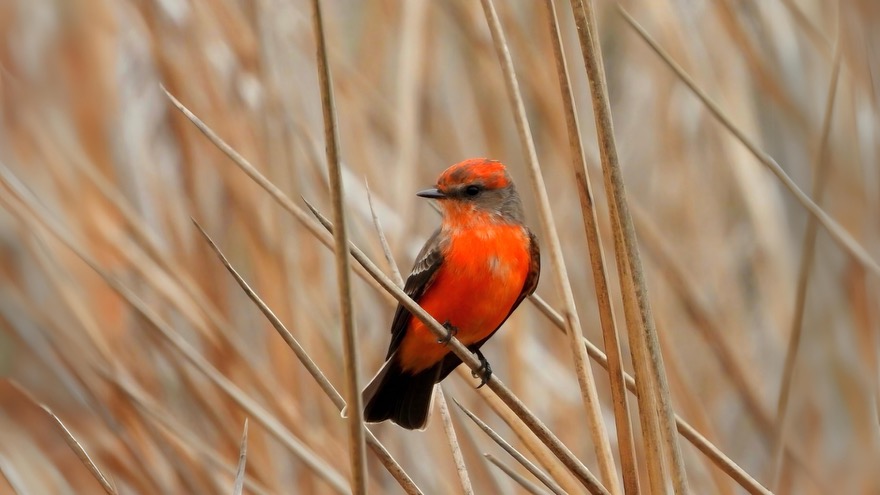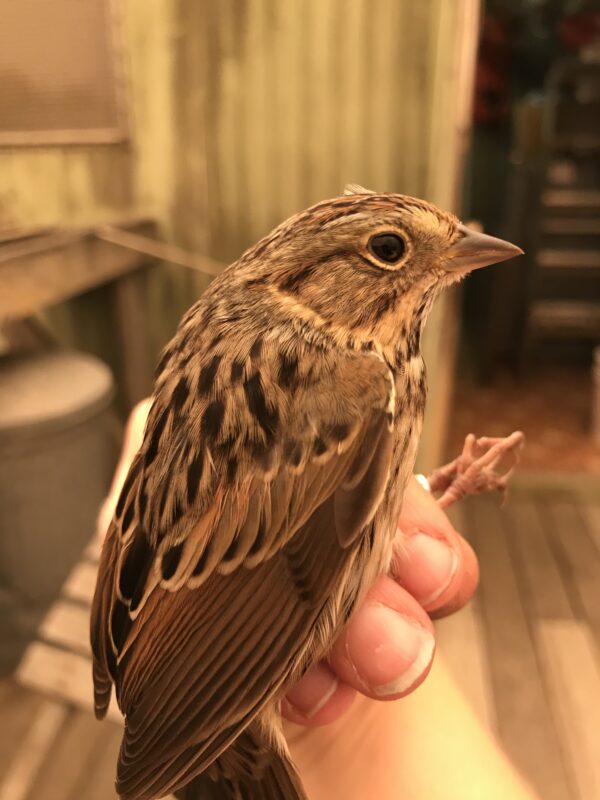
California wildfire smoke linked to reduced bird activity and health
Wildfire smoke significantly impacts California bird populations, leading to decreased activity and body mass, according to new UCLA study.
California's avian residents face a challenging summer as wildfires intensify across the state.
Smoke from these fires, which can travel thousands of miles, significantly impacts bird activity and health, according to a new study published in Ornithology.
UCLA researchers analyzed two decades of data from the San Francisco Bay Bird Observatory to examine how fine particulate matter, PM2.5 — a key component of wildfire smoke — affects bird populations.
They found that short-term exposure to wildfire smoke leads to decreased bird activity, while long-term exposure resulted in increased bird activity. The study also found that birds repeatedly exposed to PM2.5 exhibited a decrease in body mass, potentially harming their ability to survive and reproduce.

“Our findings suggest that wildfire smoke is a significant environmental stressor for birds, impacting both their health and behavior,” said Morgan Tingley, Associate Professor in Ecology and Evolutionary Biology at UCLA and senior author of the study. “Reduced activity and weight loss can have serious consequences for bird populations, especially during crucial breeding and migration periods.”
As wildfires intensify due to climate change, the study underscores the need for comprehensive strategies to mitigate smoke’s effects on wildlife. It also demonstrates that existing long-term wildlife monitoring programs can be valuable tools for studying smoke’s effects across species.
“Understanding how smoke impacts birds is crucial for developing effective conservation efforts,” said Olivia Sanderfoot, postdoctoral fellow at UCLA’s La Kretz Center for California Conservation Science and study co-author. “Birds act as indicators for ecosystem health, and their struggles offer valuable insights into the broader consequences of wildfires.”
The researchers call for expanded monitoring and further studies to confirm these effects in other regions and for a wider variety of bird species.
To address this need, volunteers of all ages and backgrounds are invited to participate in Project Phoenix, a citizen science effort led by Tingley and Sanderfoot at UCLA with the Natural History Museum of LA County, which launched its 2024 season on July 1. Individuals contribute valuable data by documenting birds in their neighborhood for just 10 minutes a week — this information is crucial in order to protect birds during wildfires.
Visit projectphoenix.study or contact projectphoenix.socal@gmail.com to learn more and participate.
Published:



